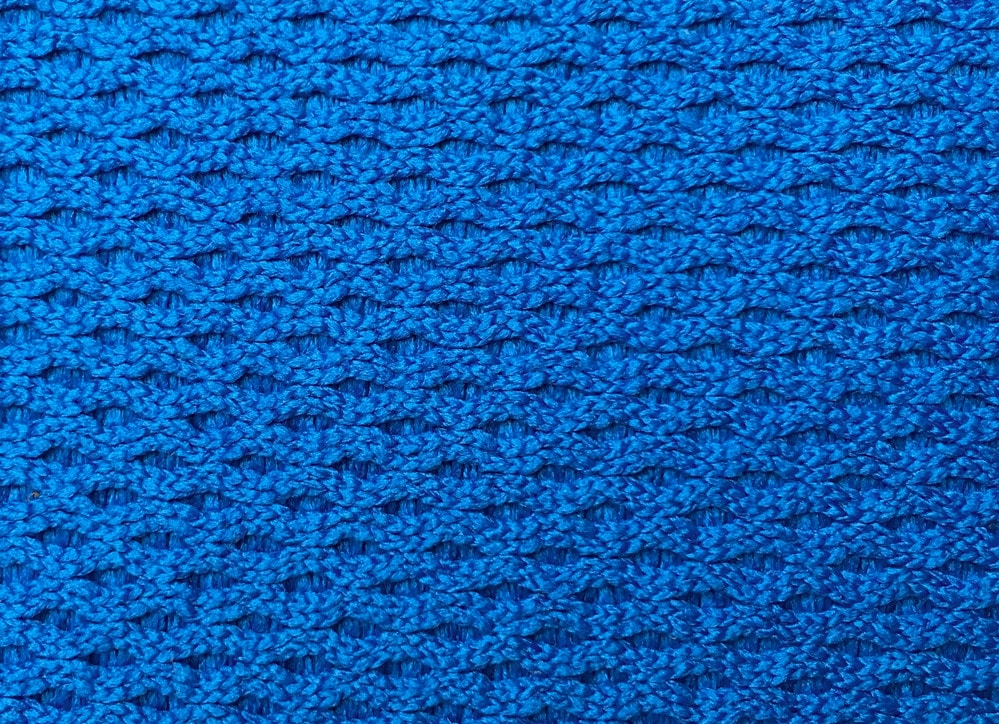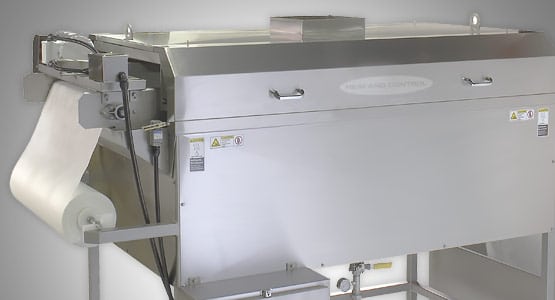Industrial fabrics are used in an extensive range of automotive, printing, belting, filtering and processing applications. Both synthetic and natural materials are used in the manufacture of industrial fabrics, which are woven, or knit, in a variety of patterns or produced in unwoven textures. Some of the materials used to create industrial fabrics include fiberglass yarns, aramid fibers, graphite, nylon, Kevlar, polyester and Teflon.
The application typically determines the required material, as each product has its own set of advantages. For example, certain aramid fibers have excellent heat resistance and stability, and are used in protective clothing and various aerospace applications. Nylon, on the other hand, is not suited to high temperatures, but has excellent stretch and shock resistance at lower temperatures.
Weave pattern also plays an important role in the performance of an industrial fabric, as it can help determine strength, protection capabilities and filtration abilities. Fabric wire and cable coatings, for example, often require an effective combination of flexibility and strength, but have little need for filtration capabilities; a basket weave or loose mesh would be useful in such an application. Other weave shapes are leno, satin, tight mesh, and more. There are numerous industrial machines designed for weaving operations, including air-jet weavers, projectile weavers, rapier machines and multiphase weavers.
Industrial fabrics, such as mesh materials and knit textiles, have a staggering number of uses, including wicking, cleaning, filtering and protecting. Geotextiles are a type of permeable industrial fabric used in filtering, draining and protection, generally used in outdoor environments and applications such as landscaping. Industrial fabrics also find wide use in storage, shipping and transport operations; flexible intermediate bulk containers (FIBCs) are manufactured using industrial fabrics, and are regular transport devices for a multitude of factories and businesses. Synthetic industrial fabrics also serve as printing screens, sifters, separators and filter media. Depending on the design, these materials can provide openings as small as one micron.
Read more: More About Industrial Fabrics










